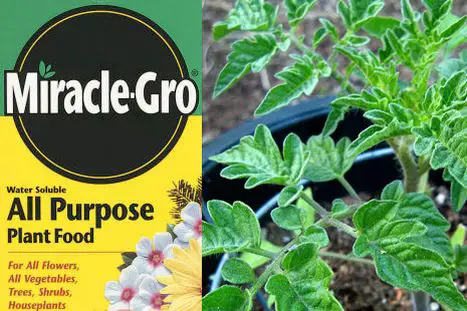
Like human beings plants also need adequate nutrition in order to grow. For its overall growth, an average plant needs carbon, oxygen, hydrogen, nitrogen, potassium, phosphorus, sulfur, calcium, magnesium, copper, iron, manganese, etc.
While a plant generally manages to meet its requirement of carbon, oxygen and hydrogen through different processes happening inside its body, nutritional requirement of three other most important micro-nutrients – nitrogen, phosphorus and potassium is not met through the environment naturally. The reason behind this deficiency is the fact that in nature nitrogen, potassium and phosphorus are recycled only through dead plants which is inadequate for the vast number of trees and plants alive on the Earth.
These three micro-nutrients become highly important for a plant because in their absence a plant cannot make its building blocks. This is like a textile mill running without yarn for production. Hence, these three nutrients need to be supplied to the plant to grow and produce food optimally.
The fertilizer does the same. Generally, fertilizers contain these three micro nutrients in the readily usable form for plants. Other nutrients are generally available in all types of soil and hence are not included in the fertilizers.
These nutrients are available in different ratios in different types of fertilizers and are mentioned clearly on the fertilizer bag. For example, 12-10-12 means 12% nitrogen, 10% phosphorus and 12% potassium. Rest of the 76% material is mere carrier known as ballast and does not provide any nutritional value to the plant. Hence, for their optimum growth and functioning plants need fertilizers.